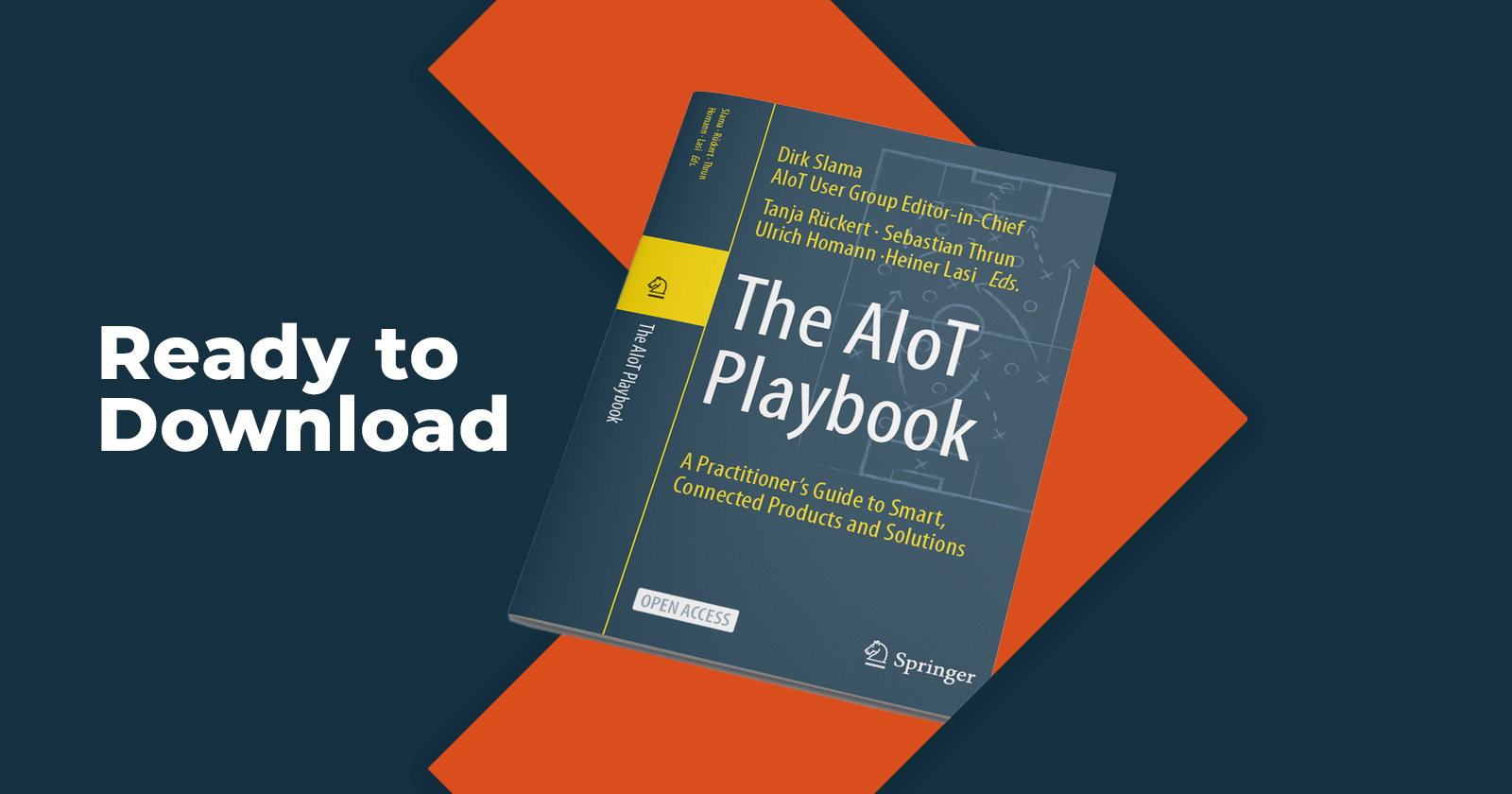Value Vector
The Impact Autonomous Vehicles will Have on the Oil & Gas Industry
Sandra Mueller

It feels like we've been talking about the impact of autonomous vehicles and how they will our lives forever. With their implementation comes the idea that traffic jams and parking tickets will be a thing of the past, along with driving schools and auto dealerships, dual car ownership households and a reduction in motor vehicle accidents and deaths. But what autonomous vehicle impact will this have on industries that literally fuel the vehicles we drive?
Predictions for the growth of autonomous vehicles and there impact, or at least those sitting firmly at Level 3 to 4 are going hand-in-hand with the purchases of electric vehicles. Those invested are getting ready for autonomous vehicles impact. In March of this year, Waymo announced that they’d purchased 20,000 sporty, electric self-driving vehicles from Jaguar for the company’s forthcoming ride-hailing service. They estimate that the Jaguar fleet vehicles alone will be capable of doing a million trips each day in 2020. Of course, we're not only talking about cars, only this week Brazilian brewery, Ambev announced their commitment to electrify its delivery fleet vehicles and placed an order for 1,600 all-electric trucks with Volkswagen.
There's been a range of predictions as to when we'll see driverless cars and vehicles ready to take the highways and city streets. While ride-hailing services are predicting March 14, 2020, BDO recently carried out an analysis of the predictions and found that driverless cars will arrive in early 2021. This date comes from researching car companies, auto industry suppliers, ride-hailing services, and other experts. Futuristic Vivak Wadhwa predicts that "by 2025, it should be that we can build self-driving electric cars for about 15k that go about 100 miles." He further notes that the electric self-driving vehicle will become a necessity, as China and India ban combustion engines.
One of the less to mind but equally important challenges will be the upheaval of the Oil and Gas industry. Researchers predict that by 2040, an estimated 530 million EVs, or 55 percent of the cars on the road, will be electric. Further, electrified buses and cars will displace a combined 7.3 million barrels per day of transportation fuel in 2040.
What will this mean for Oil and Gas as an industry? Change and Opportunity
Research undertaken by KPMG highlights the critical need for evolution. BP, for example, has committed to creating new lubricants businesses some, in smart mobility. Castrol innoVentures is tasked with exploring opportunities in smart mobility, products “beyond internal combustion” applications, and intelligent operations through venture capital investment, university partnerships, and other means. They are also involved in a range of innovations including
- A joint telematics solution with Zubie, a connected car platform and service provider
- Investments in truck platooning company Peloton Technology, focused on safety and efficiency in heavy trucking
- Investment in GreenSteam, specializing in energy- saving solutions for commercial shipping
Gas stations will no longer just sell gas
Vendors and businesses in downstream oil and gas will no longer make their core business selling gas. Instead, the future creates multipurpose roles and diverse opportunities including:
- Increased service offerings: Servicing fleet vehicles with integrated offerings such as cleaning and maintenance. Sensor embedded cars require specialist cleaning, meaning the creation of new businesses such as Seeva.
- B2B battering charging and replacement
- Monitoring the sensors of connected cars, and servicing the hardware and software now under the hood.
- Application outside automotive such as oil and gas companies placing, monitoring, and analyzing data from sensors on wind turbines and other renewable energy equipment, and tailoring their lubricant formulation based on that data.
- Data as an asset they can monetize in addition to improving their own operations. Data about customer purchases and behavior has value to other industries that would likely pay for the insights retail gas gathers on a daily basis in addition to retail fuel.
While researchers are preparing for the future, it's worth noting that while companies such as BP are giving mention to electric vehicles and incorporating renewables into their future planning, it's with limits. Their scenario of 100 million autonomous vehicles on the road by 2035 would only displace 400,000 bpd impact of oil demand. Not terribly worrisome, unless they are displaced by a massive upheaval of electric vehicles simultaneously.
Further, surveys of the public prove that getting people to ride in autonomous vehicle will hold some resistance — in an April AAA survey of over 1000 US residents, 63 percent reported that they would feel less safe sharing the road with a self-driving vehicle than while walking or riding a bicycle. Not to mention, rules and regulations are still lagging somewhat behind and offer no indication on when they will be able to catch up with technology (the likes of smart mobility) — nor do they look like they will necessarily be ready any time soon.
Want to talk further about smart cities, smart grids, cybersecurity and all things IoT? Momenta is proud to be attending this year's IoT Solutions World Congress in Barcelona where will we be presenting and chairing sessions on a range of topics including:
- Why Edge First in Oil & Gas?
- How to survive machine automation and attract new skilled workers
- Critical Enablers: Edge/Fog Technologies and Applications
Make a time to connect with us and find out more.
![]()
Drowning in hype cycles and statistics about IoT, blockchain and Connected Industry? Momenta Partners takes a fresh look at the challenges confronting industry through a series of thought pieces: podcasts, webinars, blog posts and whitepapers. Learn how our industry insights can help grow your business.




